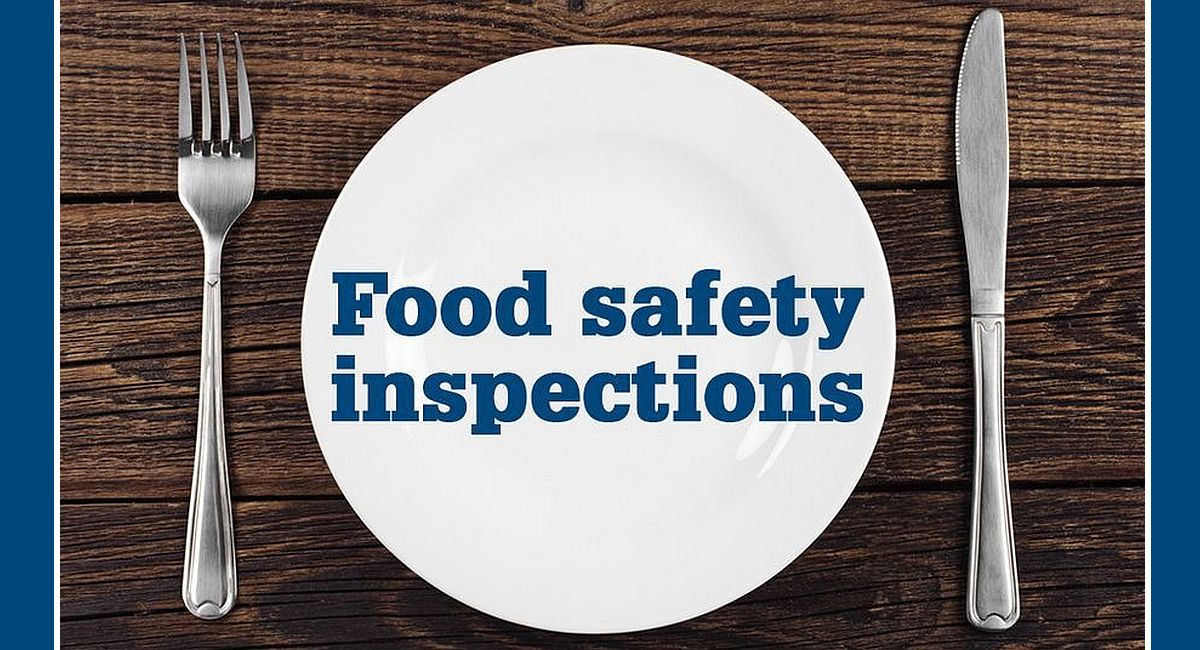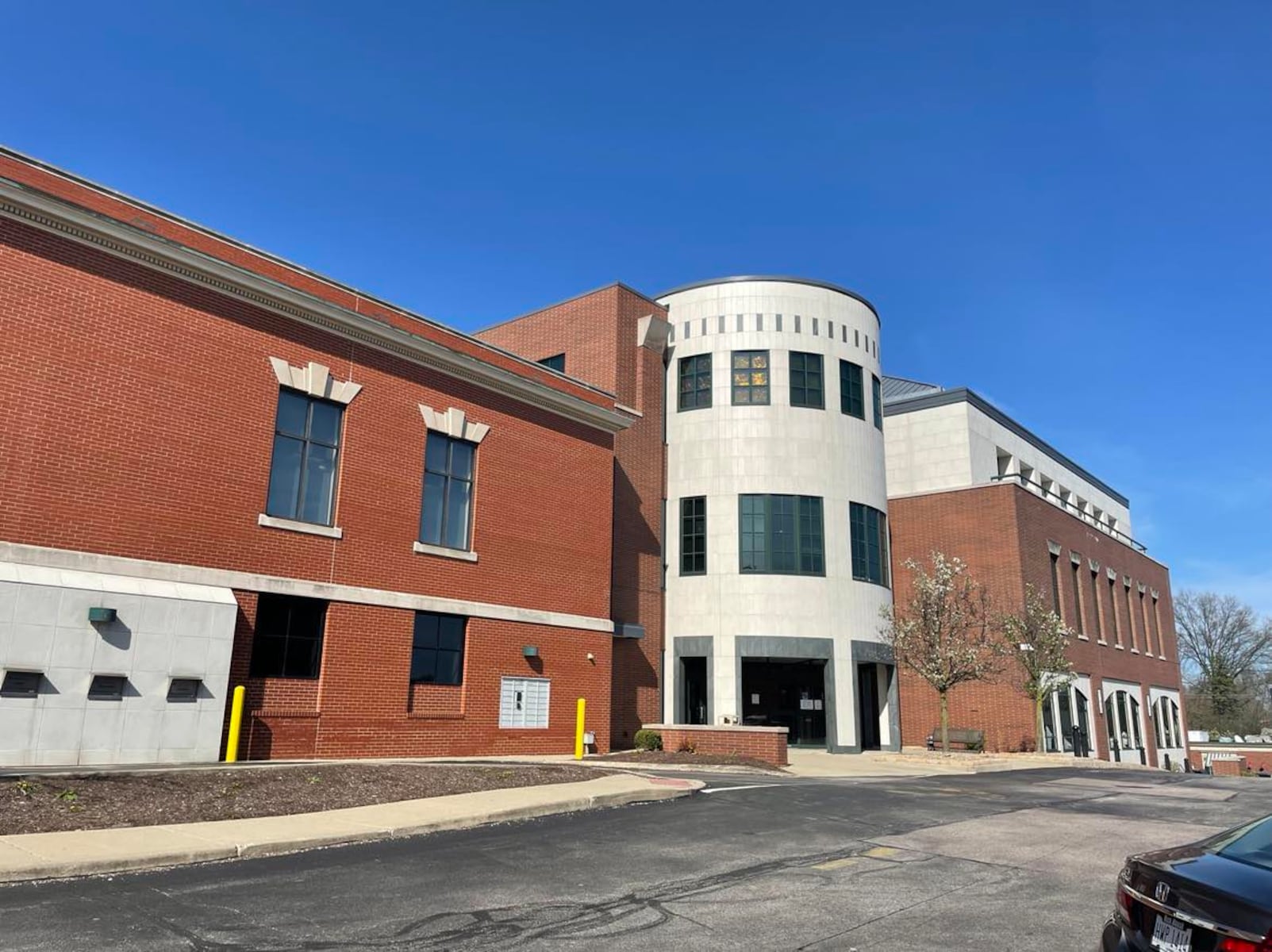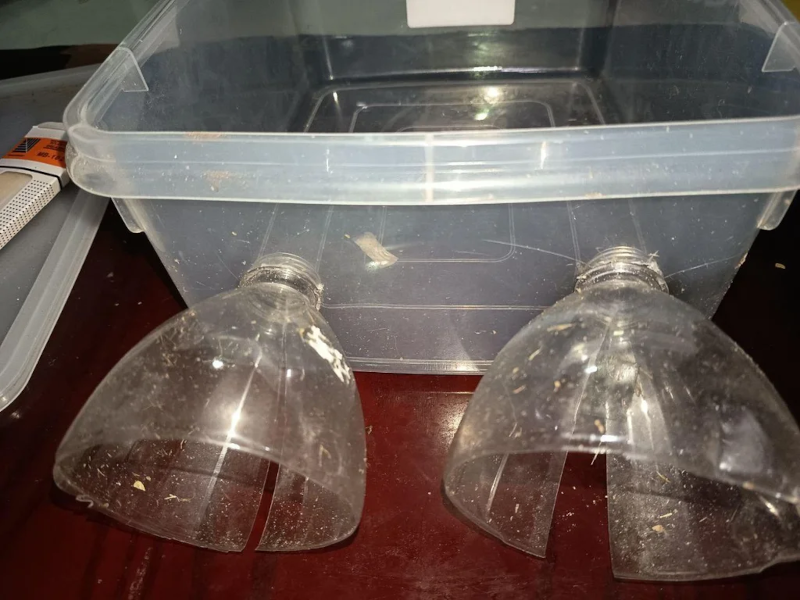
The New York City Health Department has unveiled a report that establishes a concerning connection between alcohol consumption and cancer among adults in the city. From 2017 to 2021, the city recorded an average of 3,400 new colorectal cancer cases, 1,000 new liver cancer cases, and over 6,600 new female breast cancer cases annually. The report indicates that alcohol is directly associated with at least seven types of cancer, including cancers of the mouth, throat, larynx, esophagus, liver, colorectal, and female breast.
Awareness Disparities
Despite the significant risks, the report highlights that nationally, only about half of adults understand the link between alcohol consumption and increased cancer risk. The report further details discrepancies in cancer cases related to alcohol use, noting significant variations by race, sex, and ethnicity.
Liquor Store Density and Consumption Patterns
The findings also reveal a strong correlation between the density of liquor stores and instances of excessive alcohol consumption. Neighborhoods with the highest number of alcohol retailers reported a heavy drinking prevalence of 12%, which is three times greater than areas with fewer liquor stores. Additionally, the report indicates that alcohol consumption is more prevalent among men, white adults, and individuals in higher-income households. Heavy drinking rates were more than twice as common among white adults compared to Black, Latino, or Asian Pacific Islander (API) adults. Intriguingly, heavy drinking was reported to be higher among white and Black women than among men in the same racial categories.
Screening and Early Detection Gaps
The report emphasizes the critical role of early detection in improving cancer outcomes. Despite this, only two-thirds of women who engage in heavy drinking are current with their breast cancer screenings. For colorectal cancer, screening rates are somewhat better, with approximately 75% of heavy drinkers aged 45 to 75 having undergone screenings. Yet, screening rates are notably lower among API adults.
In response to these alarming findings, the city’s HealthyNYC initiative aims to reduce deaths from screenable cancers by 20% by 2030. The initiative will focus on addressing key risk factors such as alcohol use, increasing screening accessibility, and enhancing the quality of healthcare services.
Dr. Michelle Morse, the Acting Health Commissioner, stated, “Alcohol use is common among adults, but its connection to certain cancers is not widely known.” She emphasized the need for stronger partnerships within communities, improved healthcare practices, and effective policies to mitigate alcohol-related harms.
The report concludes with a series of recommendations aimed at fostering awareness and reducing the impact of alcohol on public health. These recommendations underscore the importance of education, community engagement, and proactive healthcare measures in combating the relationship between alcohol consumption and cancer risk.






